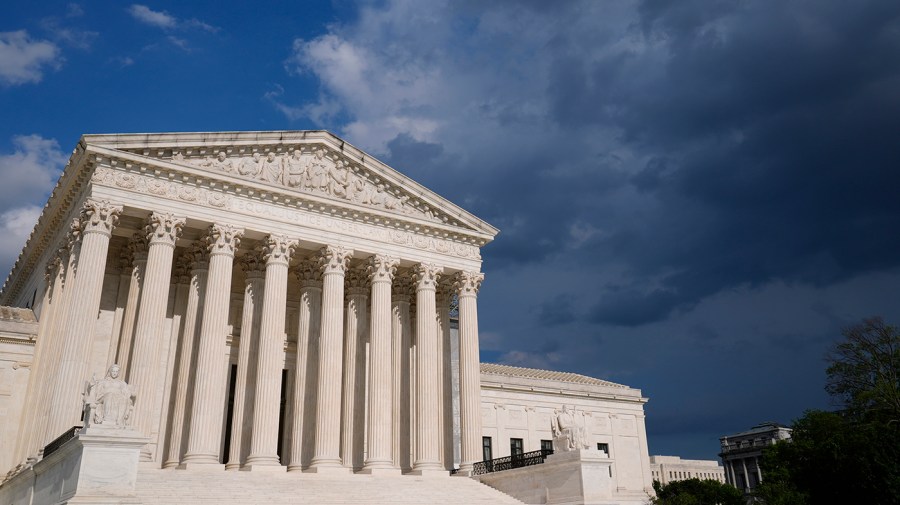
The Supreme Court unanimously sided with Hungary on Friday by rejecting a group of Holocaust survivors’ legal theory that sought to haul the country into American courts to pay compensation.
The court’s decision rebuffs the survivors’ claims that they are entitled to funds from the Hungarian treasury for the government and national railway confiscating their assets during World War II, which have been liquidated and “comingled” with general government funds in the decades since.
“The Court concludes that a commingling theory, without more, cannot satisfy the commercial nexus requirement,” Justice Sonia Sotomayor, former President Obama’s first nominee to the court, wrote for the court.
Sotomayor sympathized with the U.S. government’s concerns about the lawsuit and agreed that allowing it to move forward could “undermine the United States’ foreign relations and reciprocal self-interest” and “conformity with international law.”
The battle over whether the survivors can pierce Hungary’s immunity as a foreign sovereign has extended for 14 years, reaching the Supreme Court twice.
The Holocaust survivors’ and their heirs cited an exception to the Foreign Sovereign Immunities Act that removes a foreign government’s immunity if the case involves property taken in violation of international law.
Sotomayor stressed the exception is merely a “limited departure” from the general rule that foreign sovereigns can’t be hauled into American courts, going on to rule that the survivors’ case didn’t meet the criteria.
“Ultimately, today’s decision concerns only what plaintiffs must plead to bring suit against foreign sovereigns for their actions abroad in the courts of the United States. That a particular claim cannot satisfy the expropriation exception means only that it cannot be brought here, not that it cannot be brought in any forum,” Sotomayor wrote.
The case was one of three opinions the Supreme Court handed down Friday.
In another unanimous opinion, the court ruled that an individual can move ahead with his False Claims Act lawsuit claiming fraud in the federal E-Rate program, which distributes $4.5 billion annually to schools and libraries.
And in a 5-4 decision that split the court’s conservative majority, the justices ruled that a group of 20 Alabama residents, who are suing over delays and irregularities in processing their unemployment benefits, can proceed with their lawsuit. A lower court had ruled they were required to first exhaust administrative remedies.
“Of course, that means that you can never challenge delays in the administrative process. That catch-22 prevents the claimants here from obtaining a merits resolution of their §1983 claims in state court and in effect immunizes state officials,” wrote Justice Brett Kavanaugh, joined by the court’s three liberals and fellow conservative Chief Justice John Roberts.
Four conservative justices, Clarence Thomas, Samuel Alito, Neil Gorsuch and Amy Coney Barrett, dissented.












